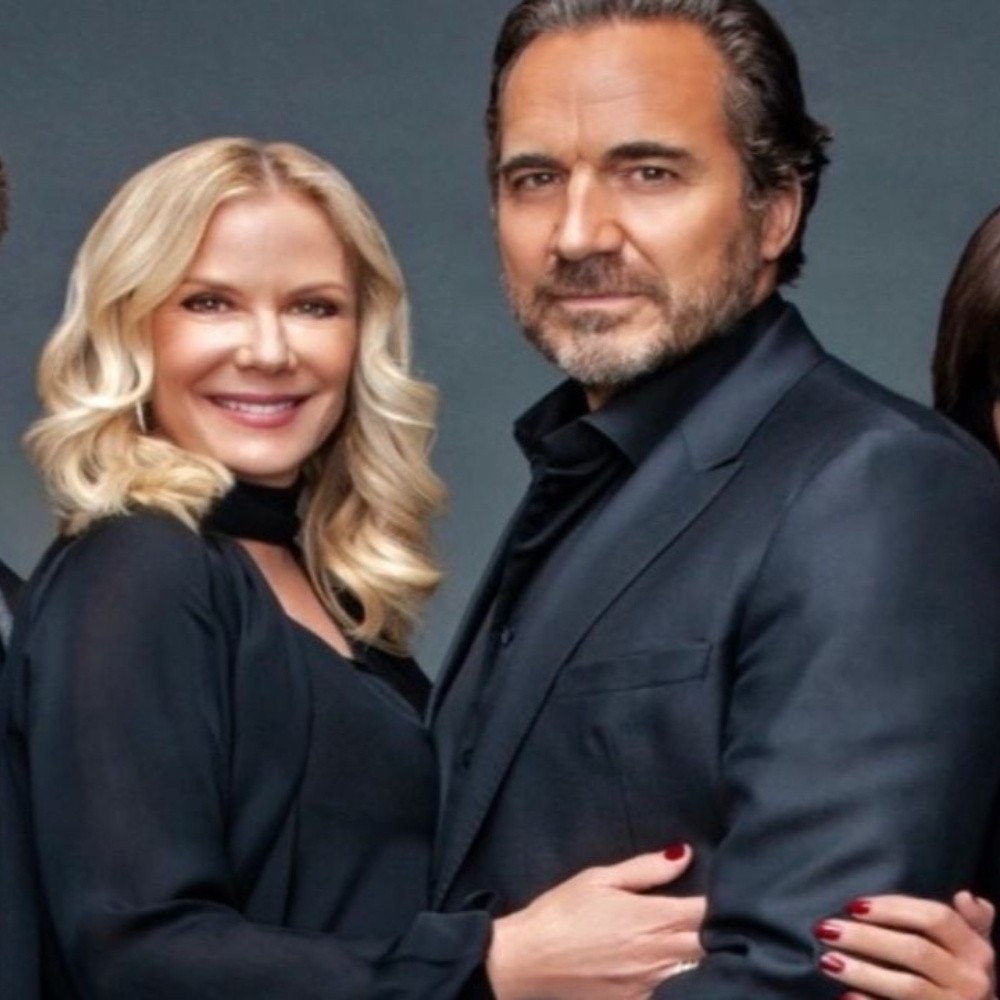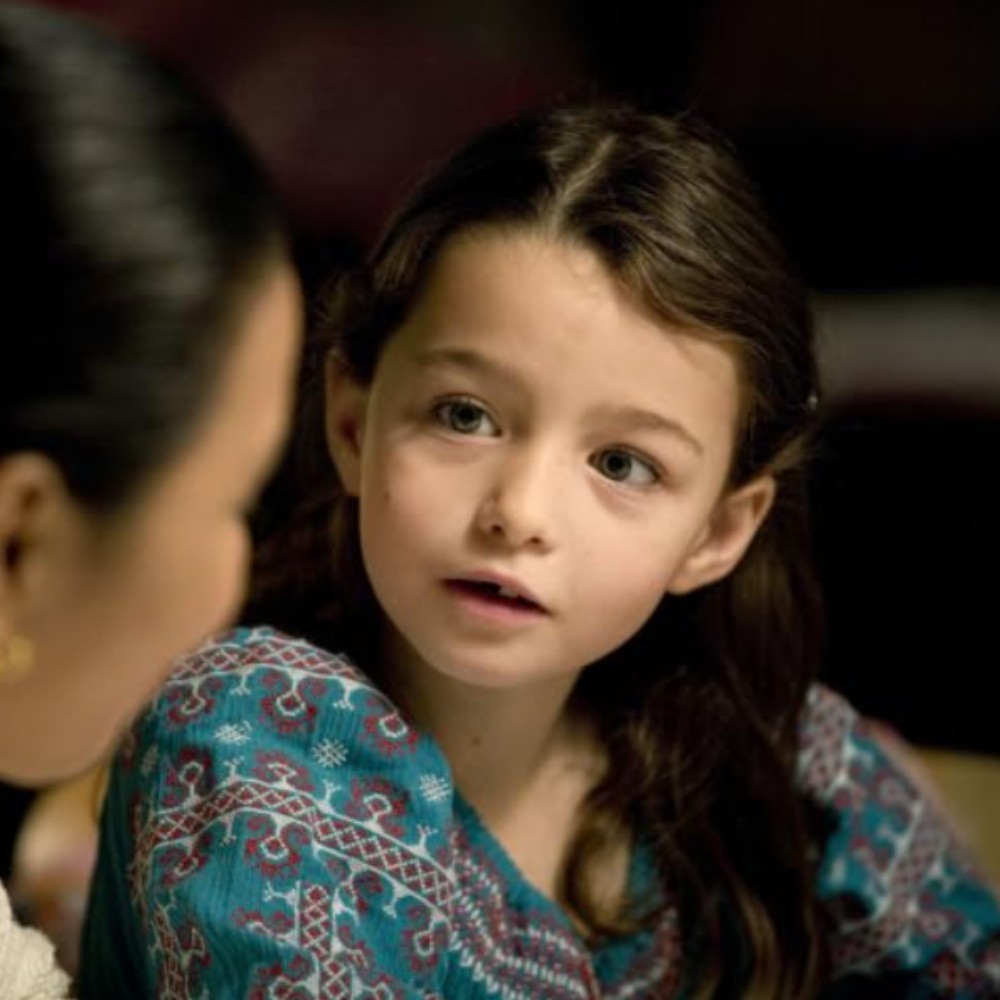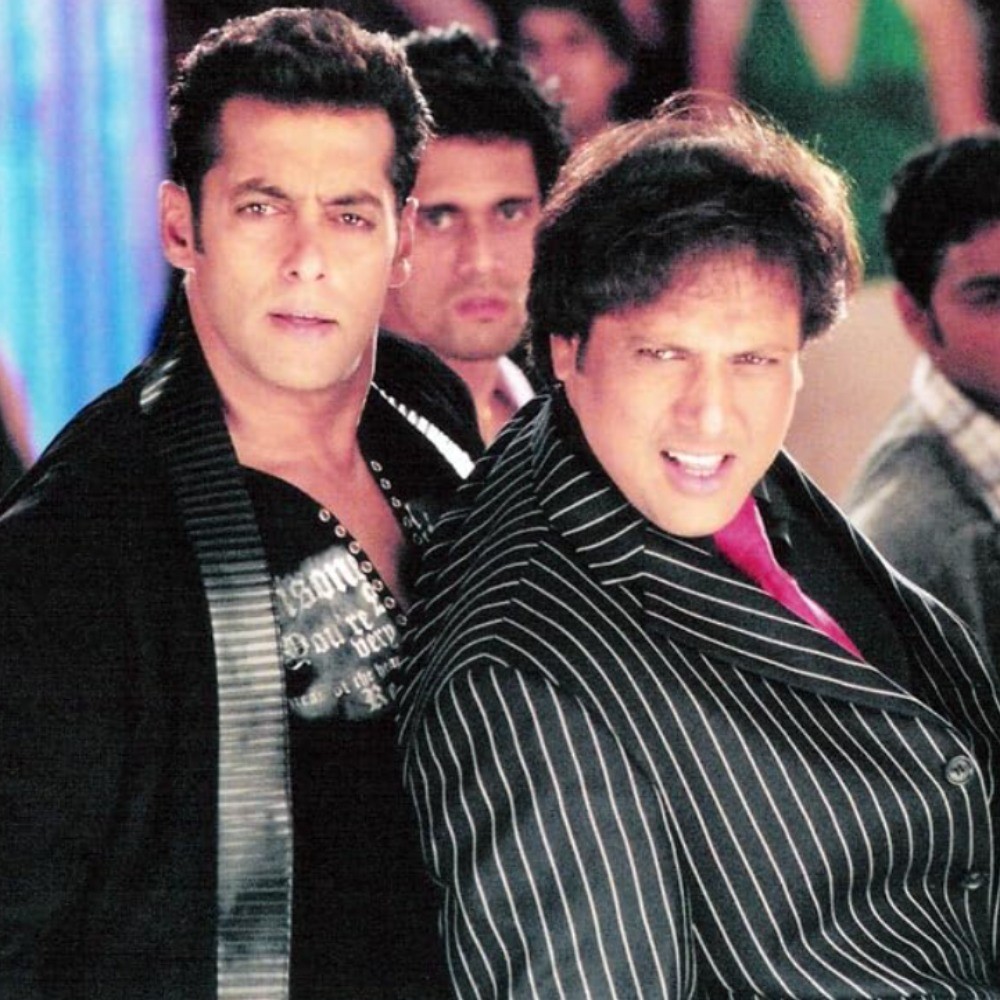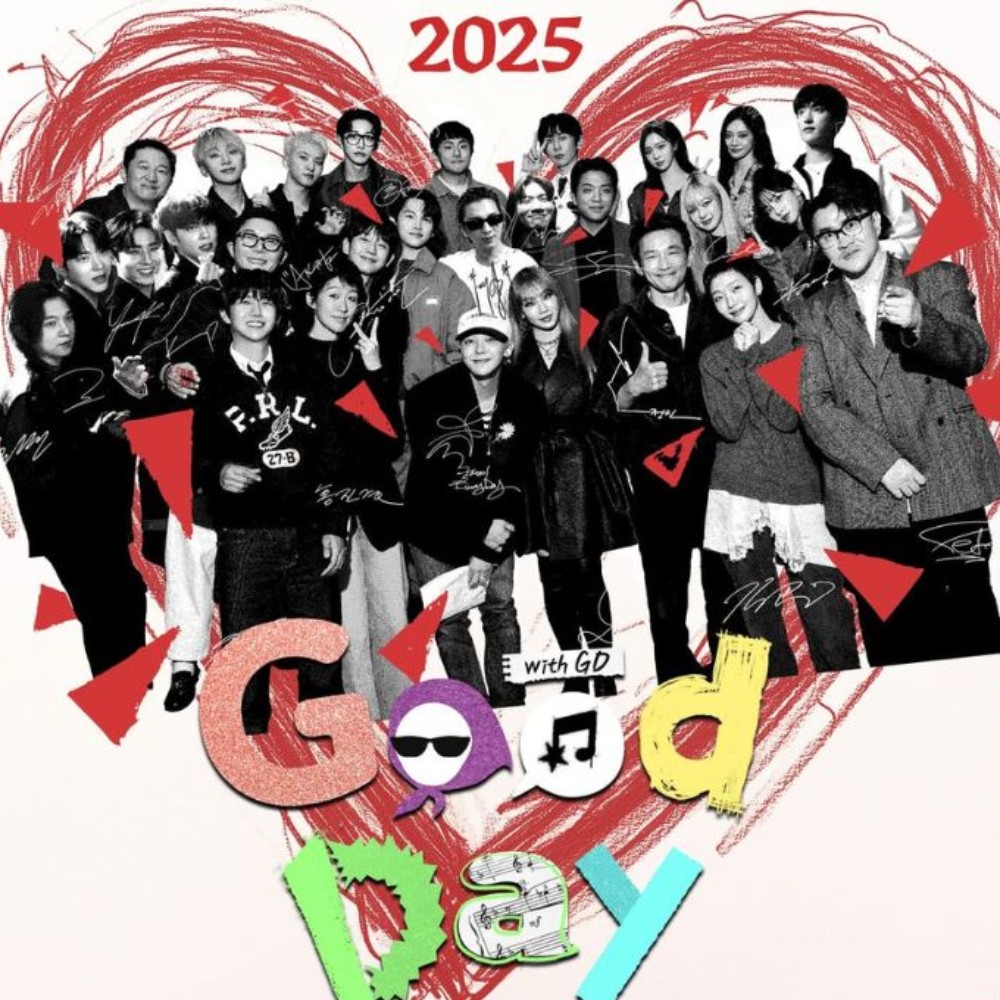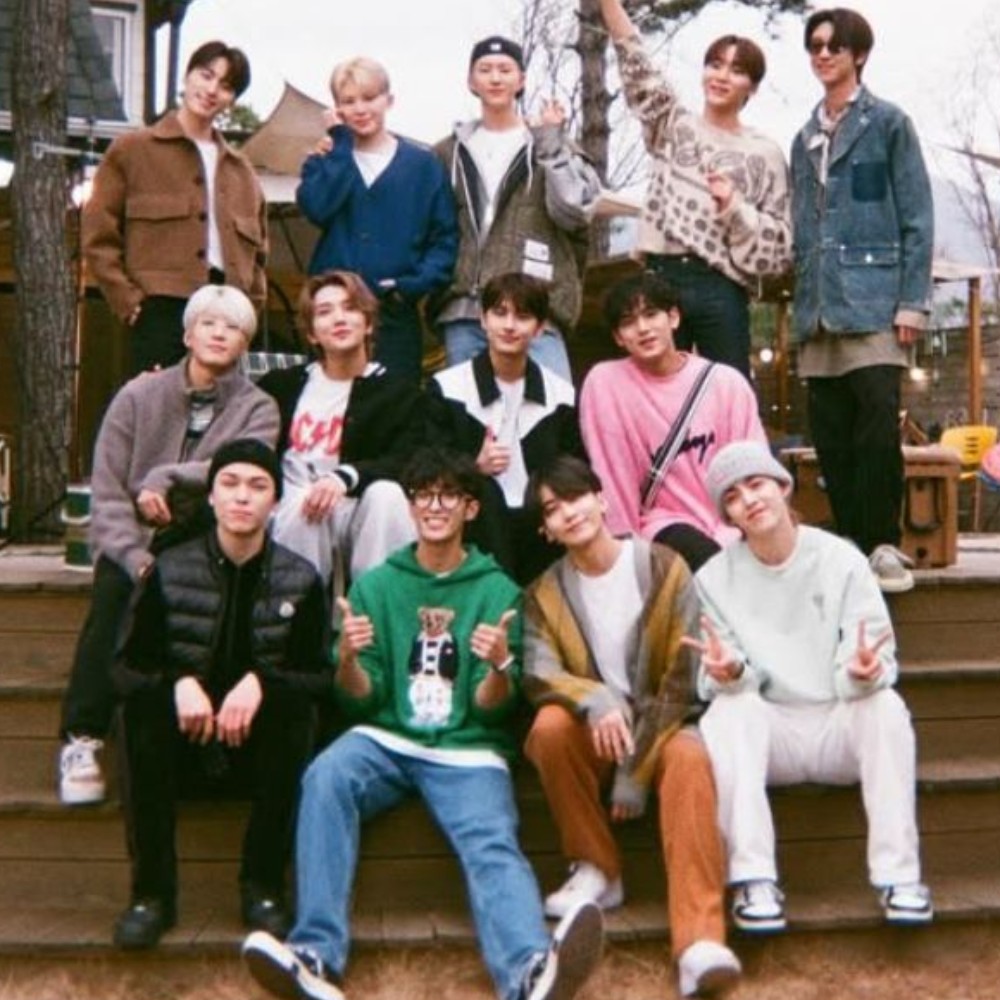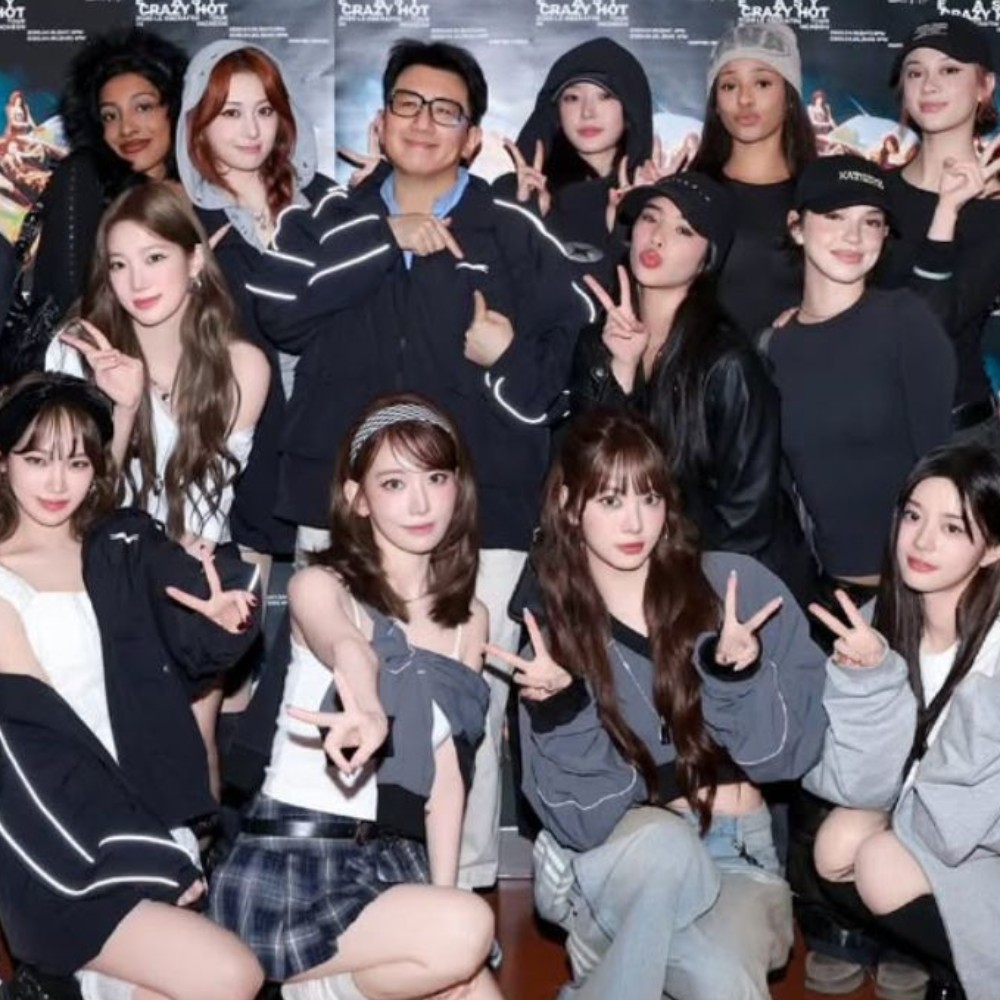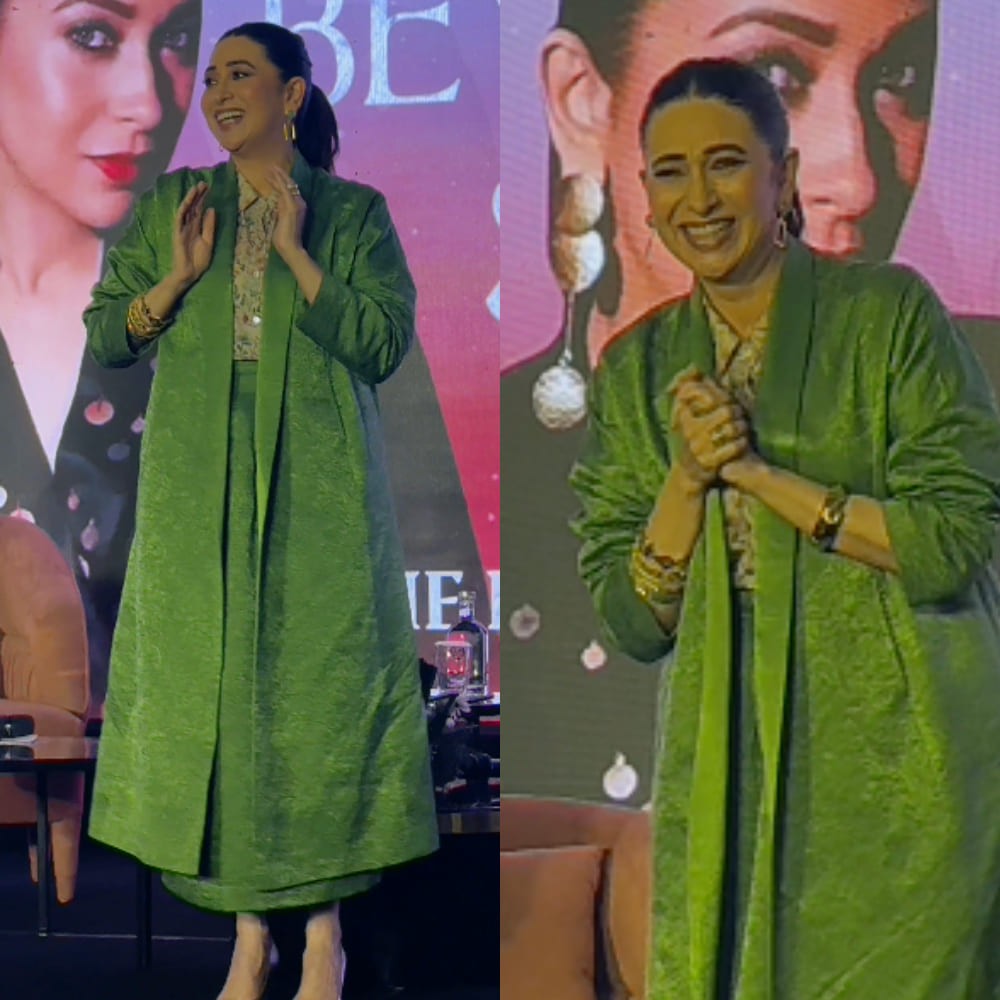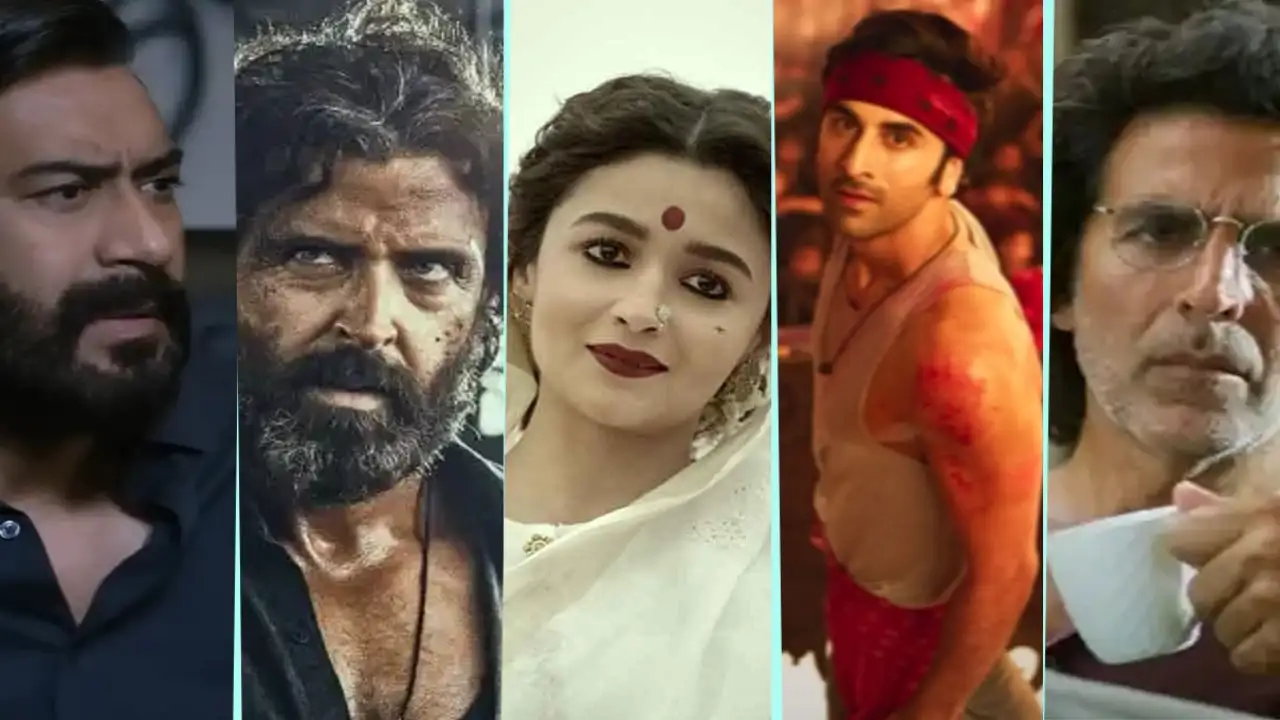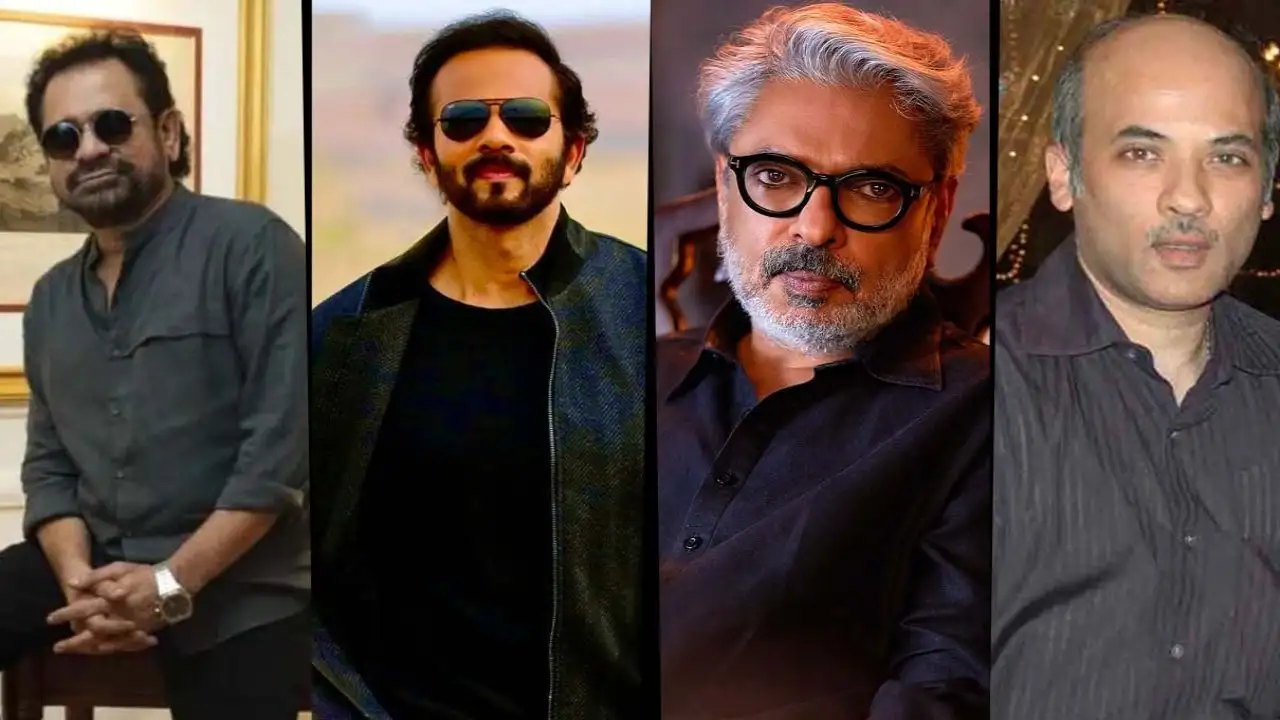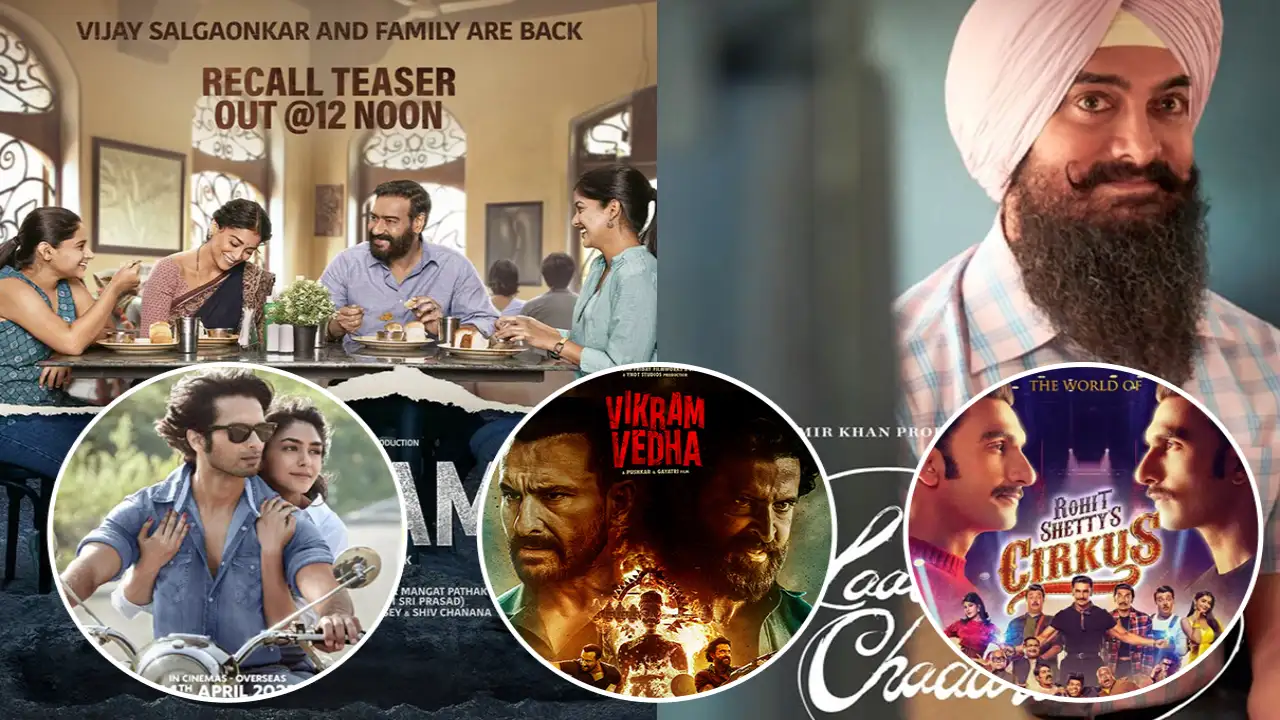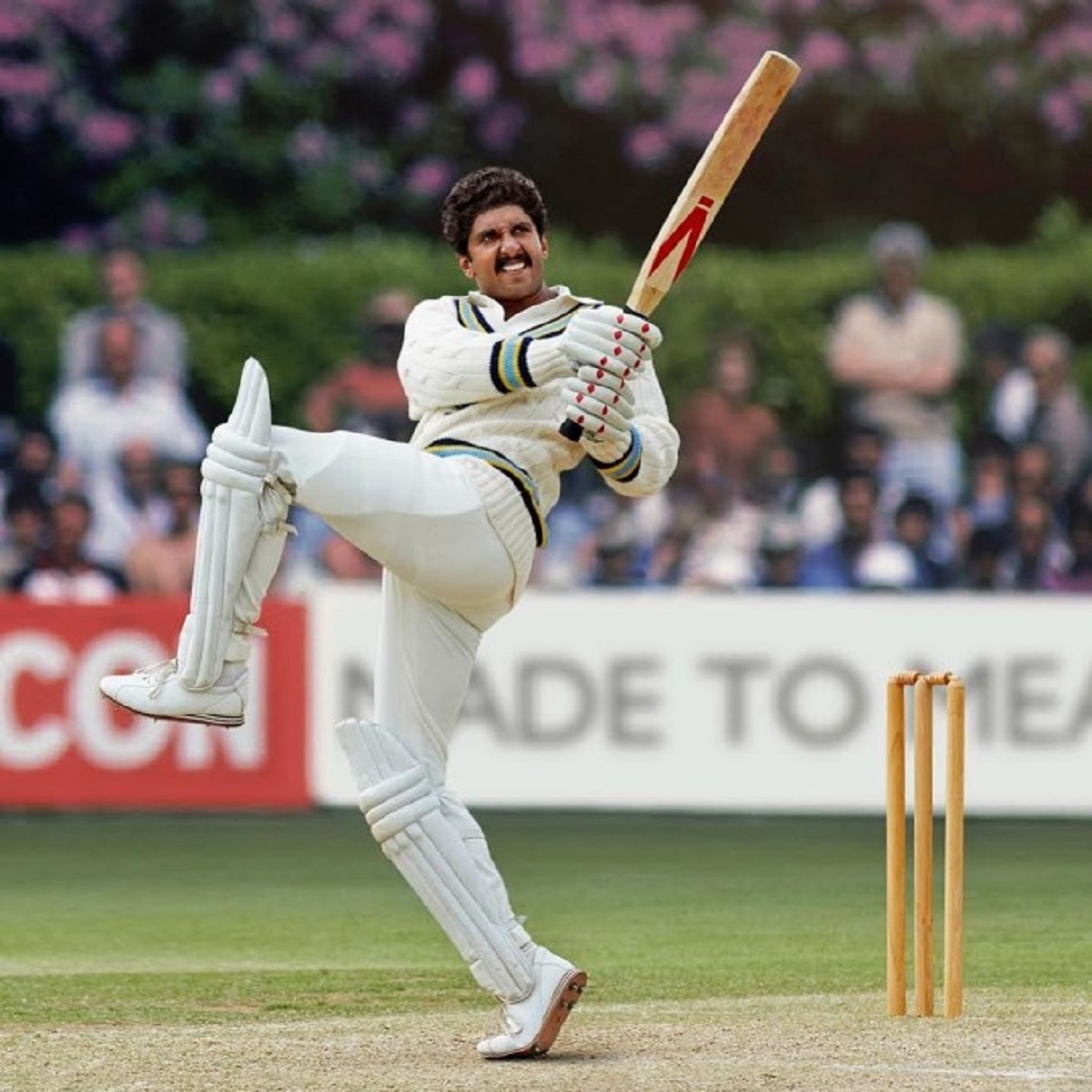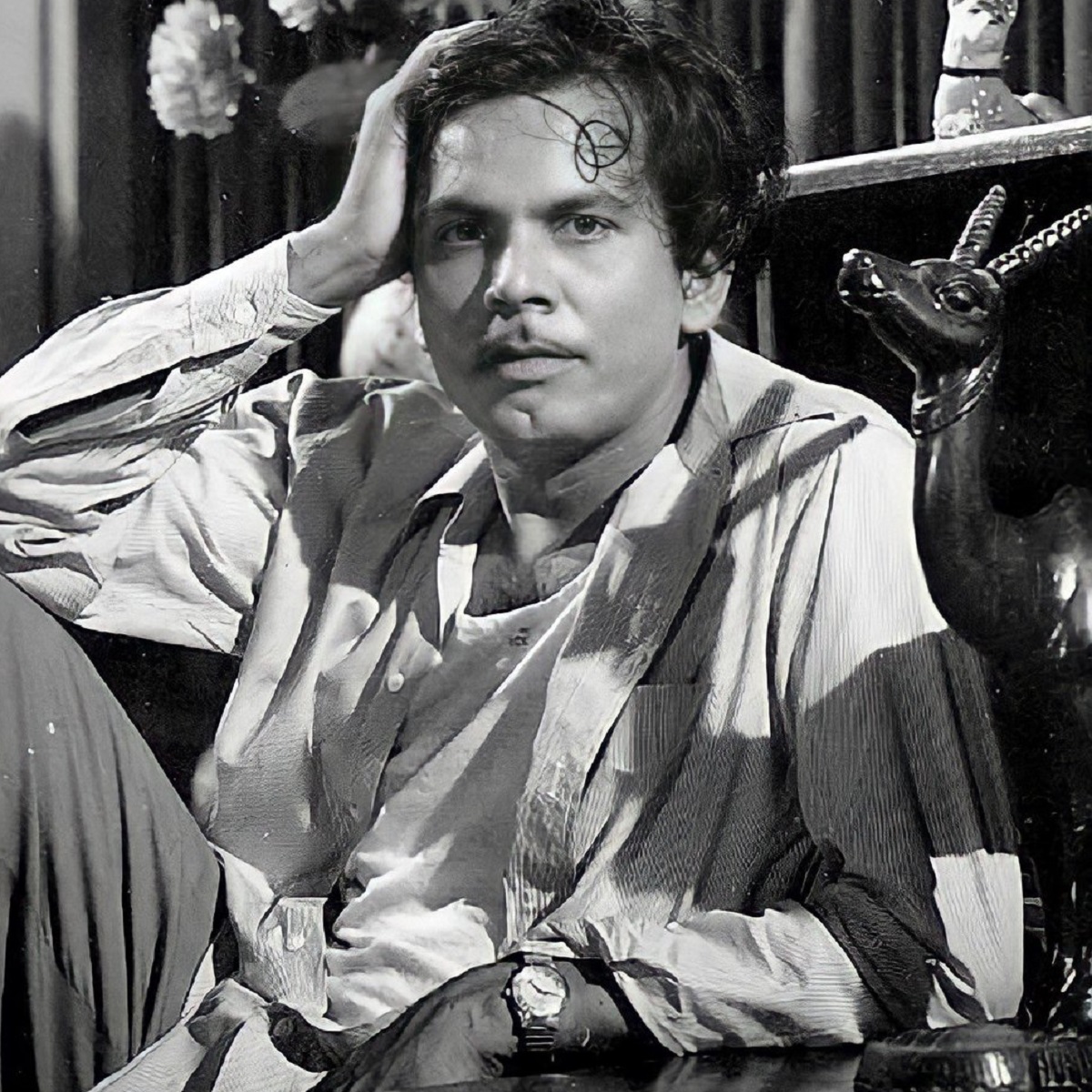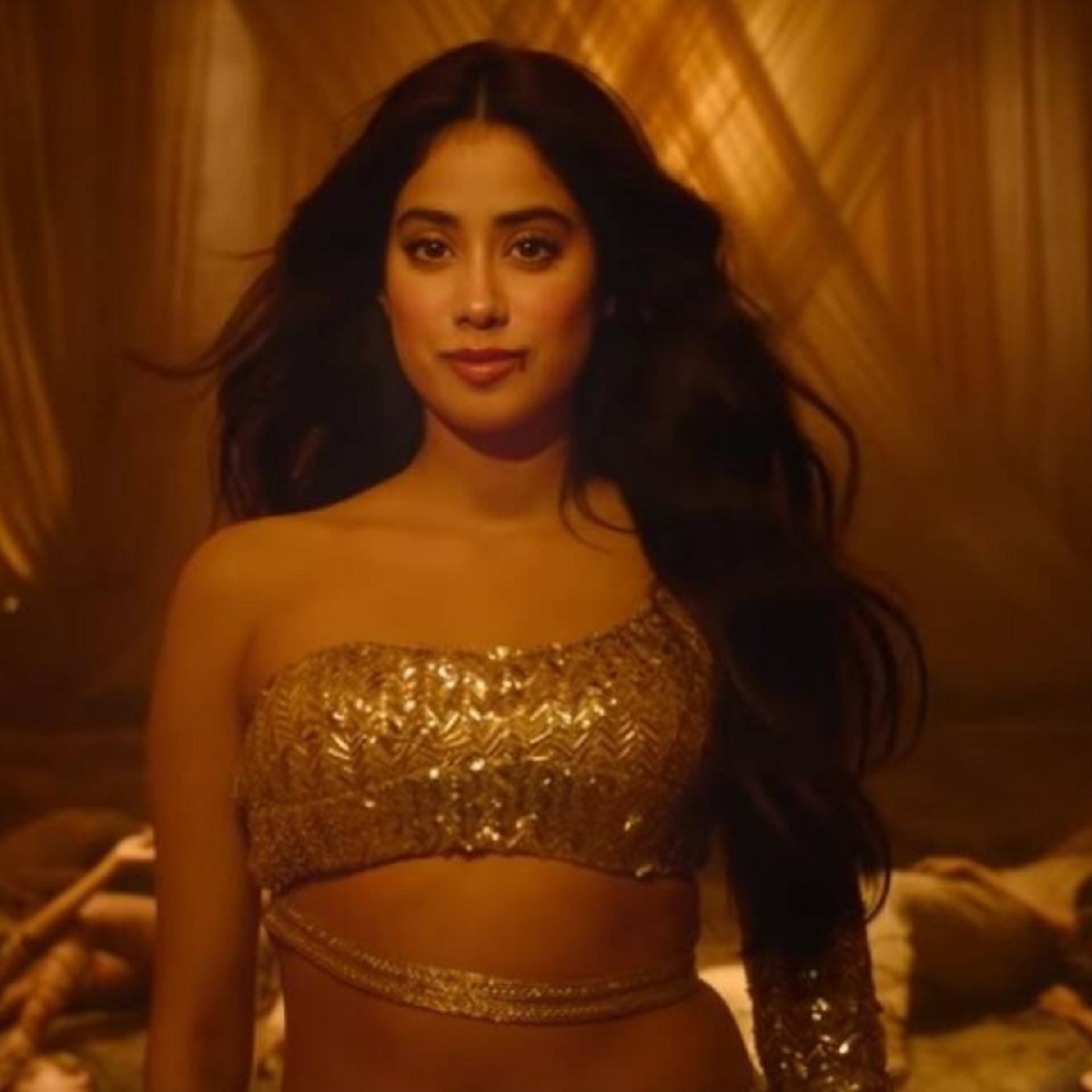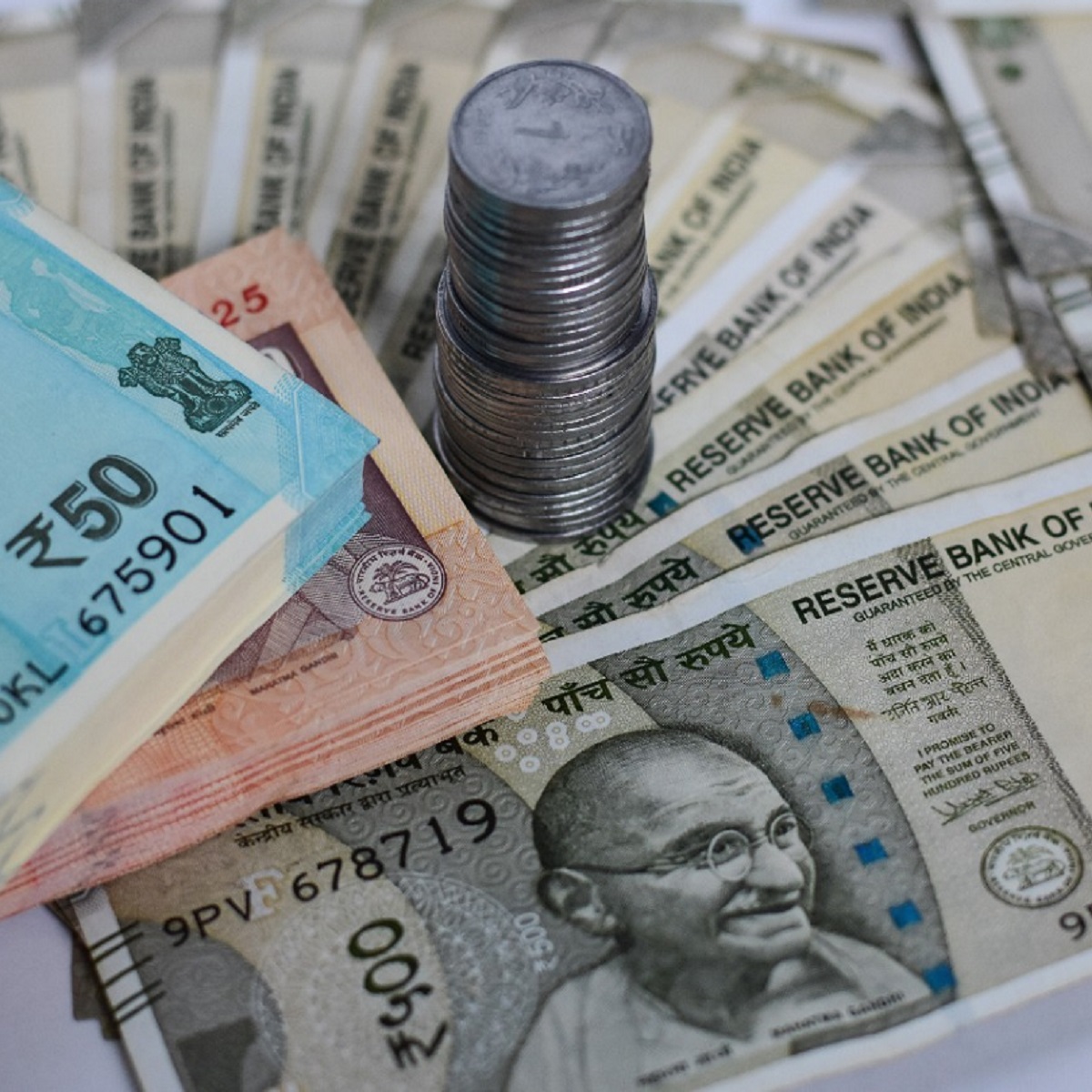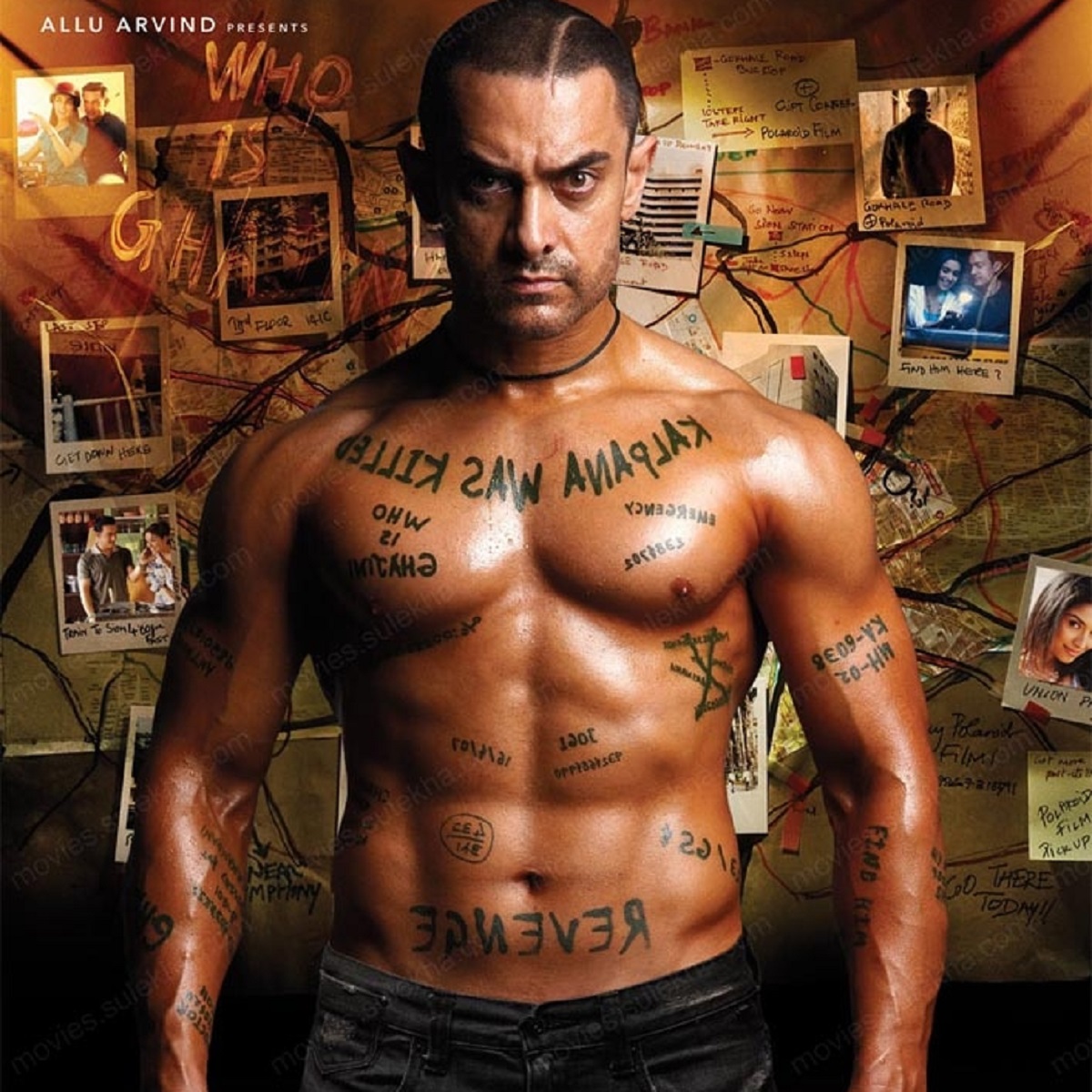Mirroring The Industry: Don’t we miss the passion of 1990s and 2000s in film marketing these days?
Is it the time to reinvent and bring back the soul to film promotion and marketing? Are the celebrity interviews getting monotonous? Pinkvilla debates.
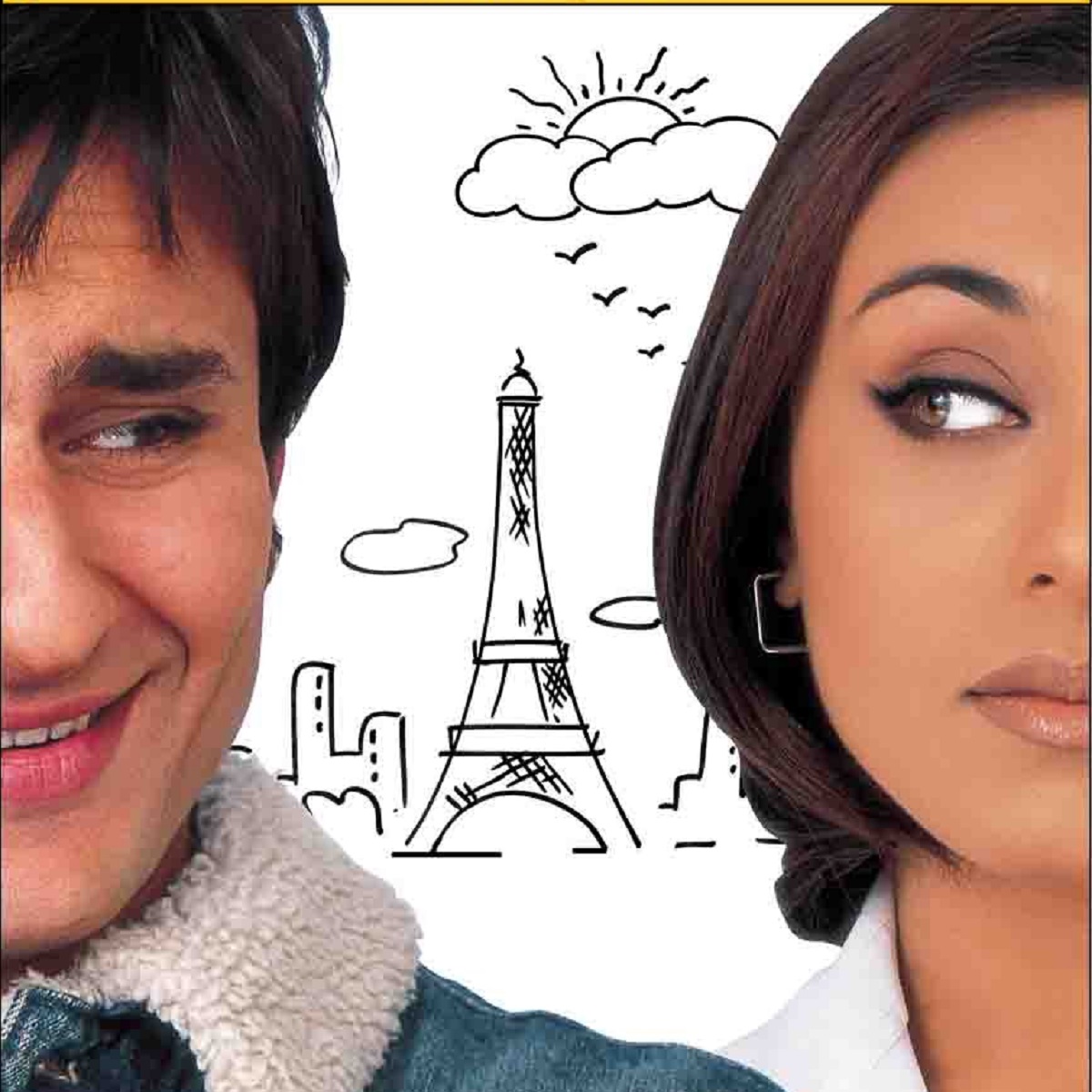
Film marketing and PR has always been a topic of debate on social media. Numerous campaigns, ranging from social media influencers to city tours, interviews and at times well curated controversies form a part of the film promotion campaign. The hygiene followed in today’s time include a push on YouTube, Twitter, Instagram and Facebook, apart from the usual rounds of interviews with digital, print and FM Radio media.
This at times is mixed with a share of on-ground hoarding campaigns and print advertisements to create awareness about the product. Ever since the advent of social media, film promotion has become more of a template, wherein the title changes but modes remain the same. What makes things worse lies in the fact that most of the young actors come well prepared to answer the media, wherein their answer remains the same irrespective of the question. The training sessions to interact with the media have taken away the uniqueness from the interview as the interactions with X will more or less be similar to Y, resulting in a fatigue for all stakeholders – from the audience to the talent to the journalists.
Cut to the stars from the 90s and there is still some amount of genuineness that lies in their answers, the way they interact and try to make their reactions impromptu. The hygiene of film marketing in all aspects has made everyone a robot, with the same set of ideas roaming around in different formats. The reason for celebs to go conservative is also valid as not many trust the media reportage in today’s time, but well, it’s always the personal touch to the interactions that separates one from the other. It’s always the insight into factors other than film in itself that grabs eyeballs and creates more discussions.
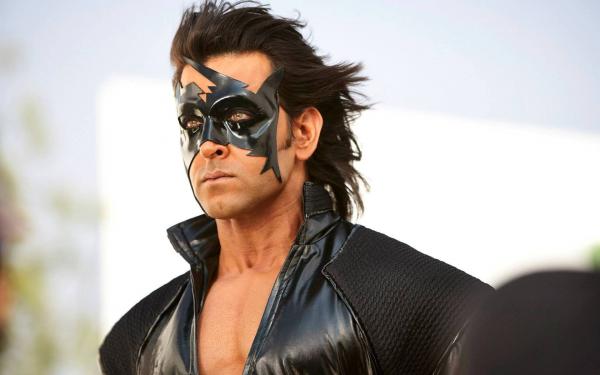
I remember the days when my family used to buy audio CD’s with film lyrics too imprinted on an autographed booklet that accompanied the CD. Films were sold as a package and music with lyrics were a key attraction.
Himesh Mankad
The reservations of celebs to open up about their future films and trends of the industry aside, the film marketing too has lost it’s soul, with very few looking to think out of the box. Back in the 90s and 2000s, there was a soul and personal touch in all aspects, with marketing given as much importance as the journey of making a film. Attempts were made to inform the audience about all that they can expect from the film, much before its release. The trailer aside, music too was given a chance to grow prior to the release. I remember the days when my family used to buy audio CD’s with film lyrics too imprinted on an autographed booklet that accompanied the CD. Films were sold as a package and music with lyrics were a key attraction.
I remember the days when all films had dedicated websites, which acted as one spot to get all the information on the film – from synopsis, to star-cast to the music album to the crew involved. I still remember how the makers emphasized on the working stills from the films too, which were all available in HD quality on the official website of the films. And these were not commercial decisions, but a serious effort to bring in a personalized touch to the project. Remember the Hum Tum comics? It’s the novelty factor that has made the idea stand the test of time. Remember the Krrish masks? The Dhoom merchandise? There are so many other examples. Do we see that anymore? Well, I doubt it.
I also remember how producers used pamphlets and newspapers to inform the audience of the details about the showcasing film in a particular city. It has now gone digital, but for cine buffs, the idea of having details about all the cinema halls on a piece of paper had a different spark. Leave alone having those big advertisements on the day of release, we don’t even see digital posters which enlist the showcasing of a film in detail. Why? Well, maybe it’s too much effort and too big a task. Why do it, when we can delegate it to a ticket booking platform? But I believe, these factors brought in a certain charm to the big screen experience.
I still remember how excited every cine-buff around me (including me) were to read articles about a visit to a film set. But well, in today’s time, set visits seldom happen. Interviews without a purpose seldom happen. While social media has given the celebrities direct access to their fans, it has taken away the candid elements and their real picture from a larger section of the audience. In the digital world, a set visit on a certain day would make for a great marketing tool – imagine the visuals, the BTS footage, the candid interactions walking through the set – it would give a perfect insight, bringing the world of films closer to the audience from the perspective of an outsider. But well, we don’t do that anymore.

The innovation, the efforts to bring something new and exciting to the table and introduce the audience to the new world too will make the audiences own up to the projects. It’s time to introspect and recall the time when marketing was not robotic
Himesh Mankad
The biggest issue lies in the fact that the personal touch has gone missing in marketing, which is largely acting as a factor leading to a disconnect of sorts. While it might be one of the many reasons, yet the window dressing of personalities, the monotonous answers is taking away the relation of stars and fans. It’s the ability to connect and being real that has made the stars from the 90s and early 2000s. We are talking of two different topics – marketing and stardom, with the latter being a diversion from the original discussion, but it’s more of a correlation, as being real in marketing will bring in a personal touch thereby the relatability factor. The innovation, the efforts to bring something new and exciting to the table and introduce the audience to the new world too will make the audiences own up to the projects. It’s time to introspect and recall the time when marketing was not robotic but had soul.





 JOIN OUR WHATSAPP CHANNEL
JOIN OUR WHATSAPP CHANNEL